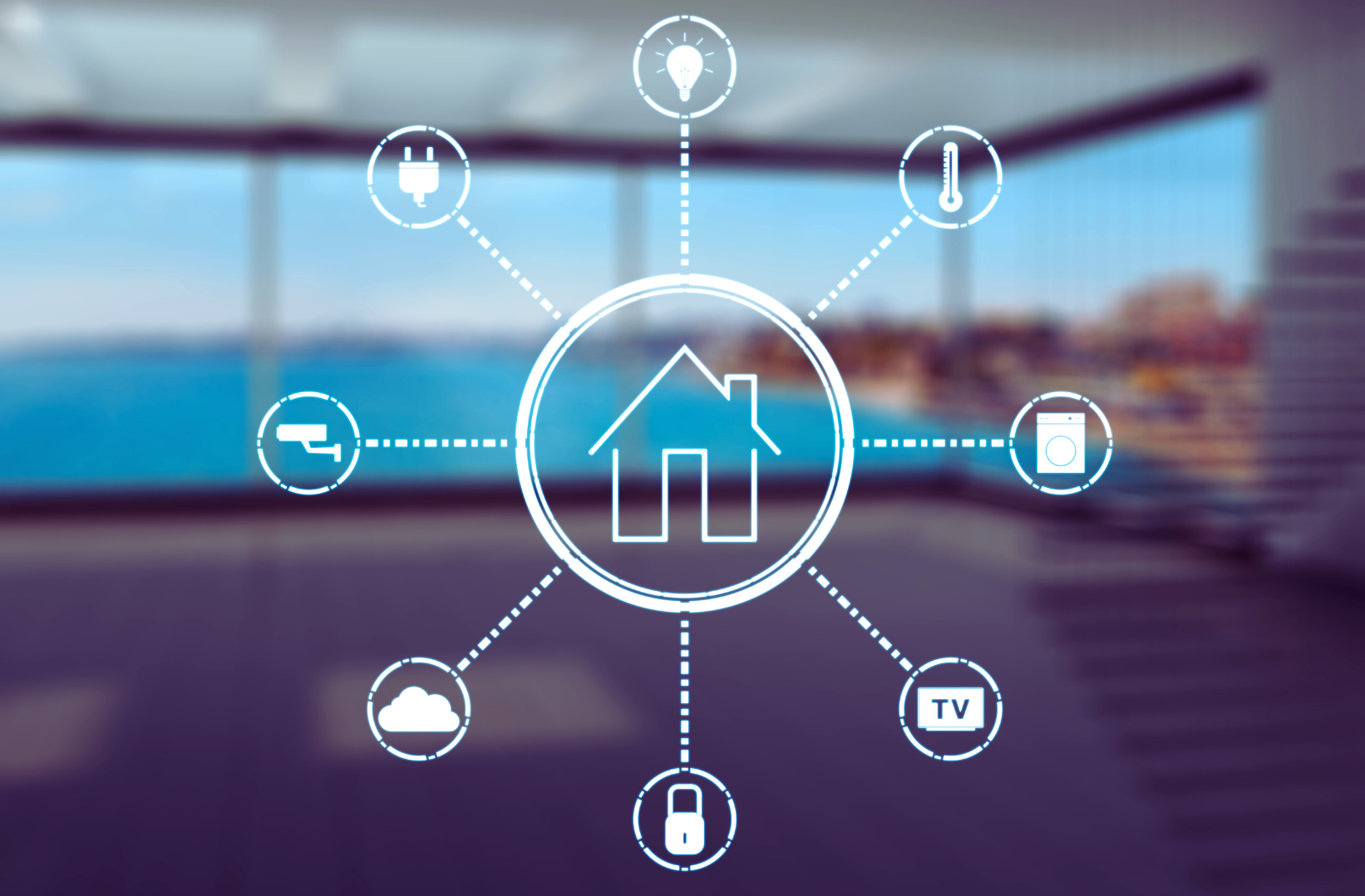Smart Homes: Billionaire Must-Have Or Value Trap?
Smart homes: Billionaire's toy or homeowner's trap? Weigh costs, security, and real benefits before investing. Hype isn't always smart.

Smart homes: Billionaire Must-Have Or Value Trap? The core question about smart homes revolves around utility versus cost.
While high-net-worth individuals may readily adopt cutting-edge technology, the average homeowner needs to carefully assess if the benefits justify the investment.
Smart home features range from automated lighting and climate control to sophisticated security systems and entertainment hubs.
Adoption rates vary, with smart speakers leading the way, but full home automation remains niche. Cost is a significant factor.

Initial setup can be expensive, and recurring subscription fees for monitoring services or software updates add to the financial burden. Hidden costs, like professional installation or network upgrades, often surprise buyers.
Security vulnerabilities pose a risk. Connected devices can be targets for hackers, potentially compromising privacy and even physical safety.
Robust passwords and diligent software updates are essential safeguards. Energy savings are often touted, but real-world impact depends on usage patterns and device efficiency.
Some studies suggest that only modest energy reductions are realistically achievable in many homes. Ultimately, smart home value lies in informed purchasing.
Focus on essential features, prioritize security, and carefully compare costs against anticipated benefits to avoid falling into a value trap fueled by hype.





